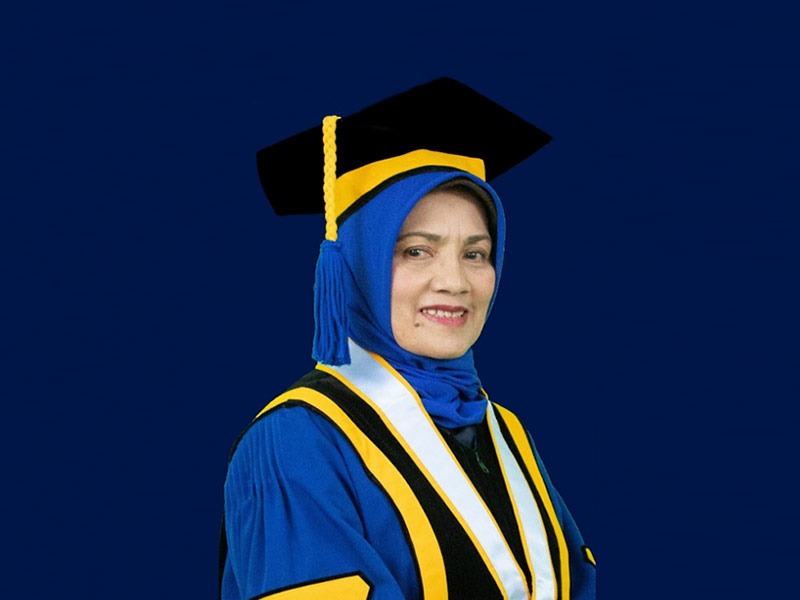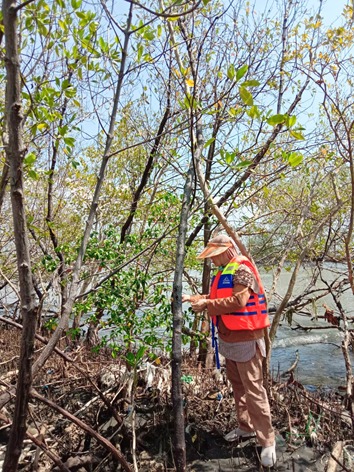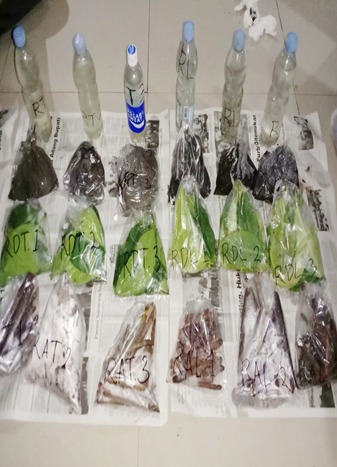
fsm.undip.ac.id. Prof. Dr. Endah Dwi Hastuti, an expert in the field of Biology from the Department of Biology, Faculty of Science and Mathematics, Diponegoro University, has conducted a recent study that explores the comparison of the types and concentrations of secondary metabolites in three types of mangroves growing in coastal and pond environments in Tugu District, Semarang City. The purpose of this study is to examine the differences in environmental conditions of ponds and beaches and their influence on the content of secondary metabolites in mangroves.
This study aims to provide information on the impact of environmental stress on the production of secondary metabolites and identify the most potential mangrove species as a source of secondary metabolite compounds. The results showed interesting phenomena related to variations in physical and chemical environmental quality under mangrove stands of Bruguiera sp., Sonneratia sp., and Xylocarpus sp.
Prof. Endah stated, “We found significant variations in environmental quality under the three mangrove species we studied. The content of secondary metabolites, particularly alkaloids and phenols, also varied between mangrove species.”
Interestingly, the results showed that total alkaloid content varied between mangrove species, but there were no significant differences in either roots or leaves. Meanwhile, total phenol content was significantly higher in Xylocarpus sp., while the difference was not significant in Bruguiera sp. and Sonneratia sp., both in roots and leaves.
Prof. Endah emphasized that metabolite content in Bruguiera sp., Sonneratia sp. and Xylocarpus sp. stands is significantly influenced by various environmental parameters, including pH, temperature, salinity, total dissolved solids (TDS), and nitrogen (N) content in sediments.
The benefits of this study are immense, especially in providing important information on mangrove adaptation to different environments. This knowledge can help in the selection of the most potential mangroves to be utilized as a source of secondary metabolite compounds that have ecological benefits and pharmaceutical potential.
Prof. Endah, a lecturer at the Department of Biology, Faculty of Science and Mathematics, Diponegoro University, who intensely researches mangroves in coastal areas, continues to contribute to our understanding of mangrove biodiversity and ecology. Her expertise has opened the door to further understanding of the important role of mangrove forests in maintaining the balance of the coastal environment. Humas


